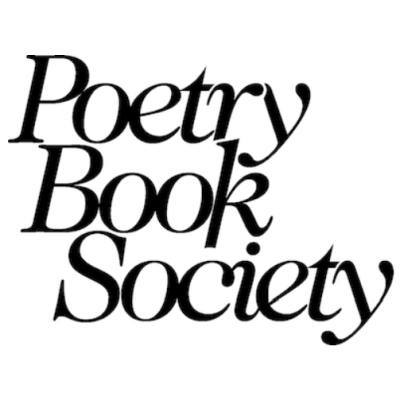
It's Bank Holiday Monday and what better way to spend it than writing some poetry and entering the Mslexia Women's Poetry Prizes! Today, our Wild Card Selector Anthony Anaxagorou shares some Monday Motivation wisdom with his Top 3 #PoeTips to get you started:
1. Don’t sit and wait for an idea to find you, do what you can to motivate wonder.
Les Murray once opined, ‘I can’t think of anything worse than starting a poem with an idea.’ When I need to produce commissioned work for a specific time, or I set myself a target to write for four hours each day, I need to have certain exercises at hand which I can fall back on if I arrive at my desk one morning and feel unadventurous. These range from making bizarre stanzas out of random words taken from other poems, or going into my notebook to dig out lines I’d jotted down then endeavouring to use them as starting points. I also appropriate newspaper headlines or pull the last few words from a glossy magazine article to use that as a launch pad. None of these prompts make it into the final draft but they act as good springboards if you ever need to write but feel somewhat underwhelmed and uninspired.
2. Edit your work.
It’s always advisable to keep in mind that your poem may take a few sessions before it starts to realise itself. Spending weeks or months on a piece of poetry is not uncommon, the key for me is knowing what to look for as and when you chisel away in your attempt to refine the writing. Be mindful of superlatives or of constructions that are overly revealing or too familiar, and if you find yourself simply talking ‘straight’ at the reader then perhaps consider bending the road a bit to see what happens. There’s also an argument which suggests overmastering a poem can sometimes subtract from its humanity, its openness. Depending on the type of writer you are and on your intended reader’s proclivities it’s important to try and position the language and subsequent ideas in a way that feels true to both parties - it is, after all, always a dialogue.
3. Read as extensively and as investigatively as you can.
This has been singlehandedly the most noteworthy piece of advice I was given. In order to grow as a writer, I feel it essential for one to develop a relationship with not only language but with varying poetics too. One where challenge persists, pushing the poet beyond their usual remit of comfort. When I was younger I found that I lacked the patience and necessary approach for much of the poetry I now enjoy. Through hindsight I feel this was due to me being slightly obstinate and unaware of differing modes but also, I was very much focused on unravelling a single system of logic, one which pandered to my immediate understanding of ‘sense’. I failed to realise I could in later years go beyond the limitations of both language and conventional logic to discover complete new worlds along with a shift in perception. Now when I read, I tend to acquiesce to the demands of the poem, to see things from its point of view. I try to tune in to its arguments and convictions, granting it the autonomy to take me around - to go to it rather than demanding it comes to me.
Check out Anthony Anaxagorou's latest Wild Card Choices: Us by Zaffar Kunial and Isn't Forever by Amy Key and order your copy with 25% discount.
